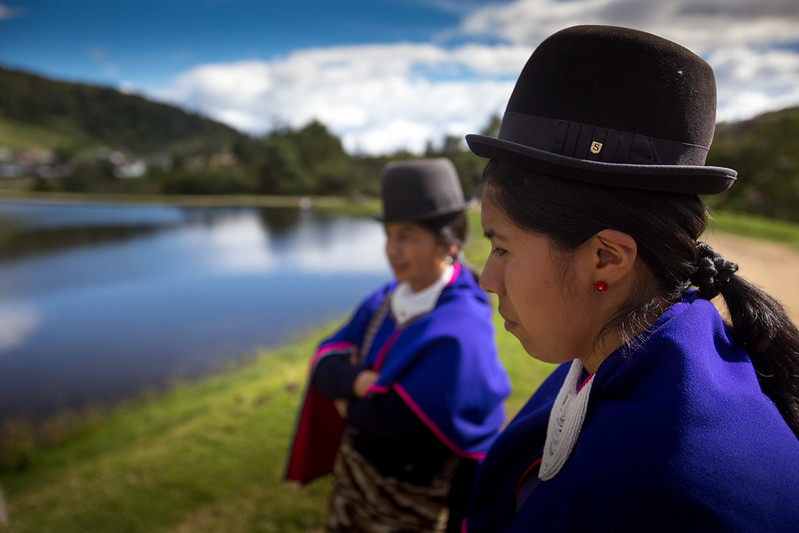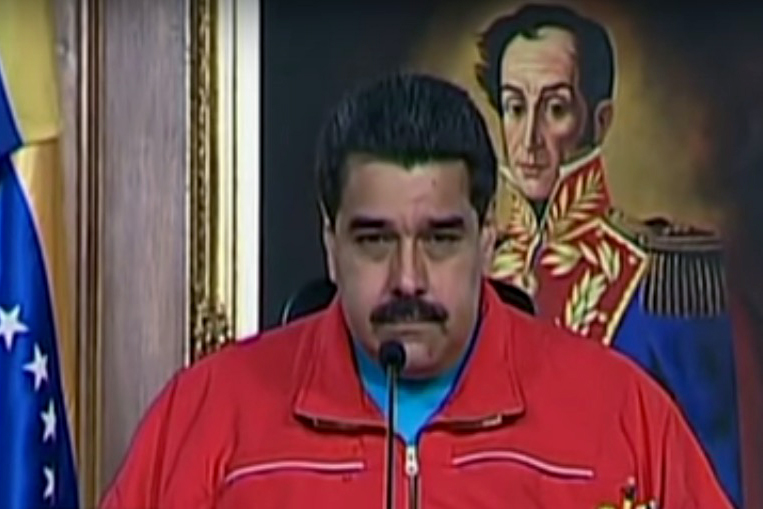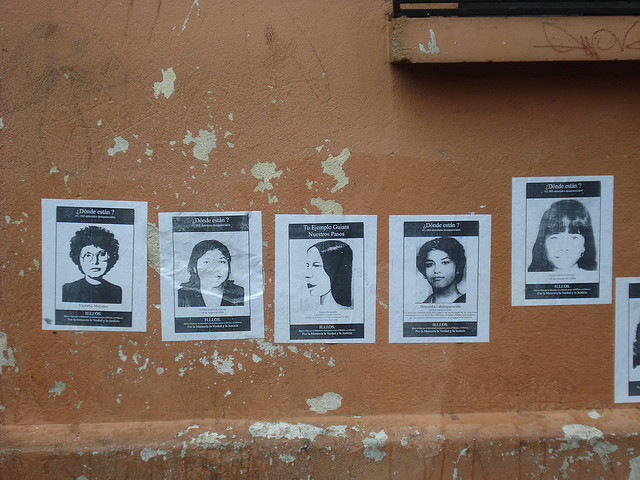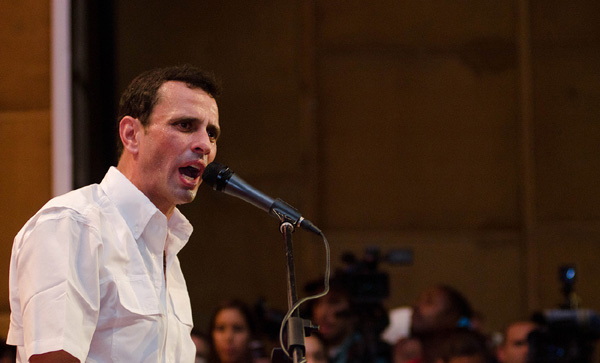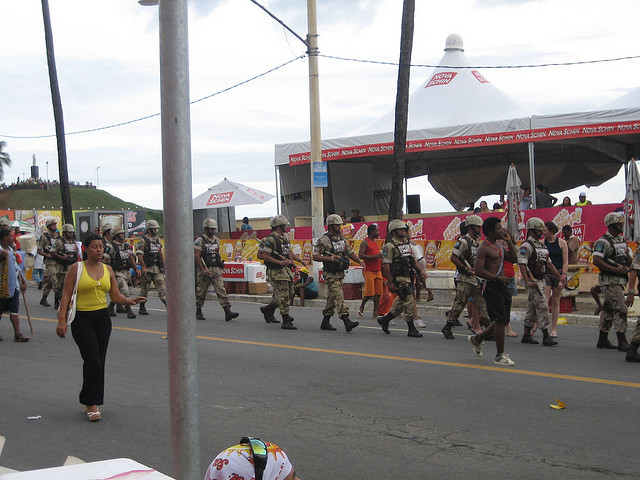
Brazil, Latin America: Week in Review
Brazil: Police Allegedly Killed 30 People During Strike
February 15, 2012 By Staff
Today in Latin America
Top Story — Up to 30 murders were allegedly committed by police in Brazil during a recent strike in the northeastern state of Bahia. Out of the 180 murders that occurred during the strike, 30 of those killed were found with their hands cuffed or tied behind their backs and shot in the head at close range with heavy caliber weapons such as the rifles Brazil’s police carry. A police official said that various paramilitary militias had taken advantage of the strike to execute people who had been causing trouble in the areas they control. Prevalent throughout Brazil, these militias are criminal organizations made up of former or active-duty officers that operate poor areas, extort residents and often double as extermination squads. “The crimes suspected of involving police officers are characteristic of groups that provide clandestine security services to storeowners in low-income areas,” said Arthur Gallas, head of the city of Salvador’s police homicide department.
Read More From CBS.
Headlines from the Western Hemisphere
North America
- Attorneys for eleven immigrants facing deportation after a 2007 won a $350,000 settlement from the U.S. government and the right to have their deportations halted.
- Mexico’s National Anthropology and History Institute said that 23 carved stone Pre-Colombian plaques were discovered in downtown Mexico City.
Caribbean
- Oil drilling off the Cuban coast could mean that the island nation would start to wean itself off Venezuelan aid in the form of free oil.
- FIFA that it wired $250,000 worth of aid money to Trinidad and Tobago’s football federation to give to Haiti in the wake of the 2010 earthquake, but only $60,000 arrived.
- Nine foreign couples married naked at a nudist resort in Negril, Jamaica.
Central America
- El Salvador’s National Civil Police will begin training a new anti-gang unit of 320 to 360 officers.
- Guatemalan President Otto Pérez Molina said that hunger in his country was a security problem contributing to the rise of gangs and violent crime.
- Nicaragua’s Central Bank president resigned after a disagreement with Nicaraguan President Daniel Ortega about how to use foreign currency reserves.
Andes
- Venezuela’s Supreme Court ruled on Tuesday that election officials could not destroy lists containing the names of those who voted in Sunday’s opposition primary.
- Little progress has been made since the Inter-American Commission on Human Rights re-opened a criminal investigation into a 1995-2000 program that forcibly sterilized some 2,000 women.
- Colombian prosecutors have alleged that two priests shot to death last year had hired their assassins themselves after they were diagnosed with AIDS.
Southern Cone
- Veterans of the 1982 Falkland Islands war between Argentina and Britain protested in Buenos Aires Monday, demanding to be included in a pension plan that excludes them.
- A sixteen year old boy currently living in Texas has opted not to see his father after an international custody battle that erupted when his mother took him from Chile to Texas despite the ruling of a Chilean court.
- Uruguay’s state-run oil company ANCAP signed a landmark 30-year oil exploration deal with Texas-based Shuepbach Energy LLC.
Image:Sam Effron @ Flickr.
Subscribe to Today in Latin America by Email
Next Article >

